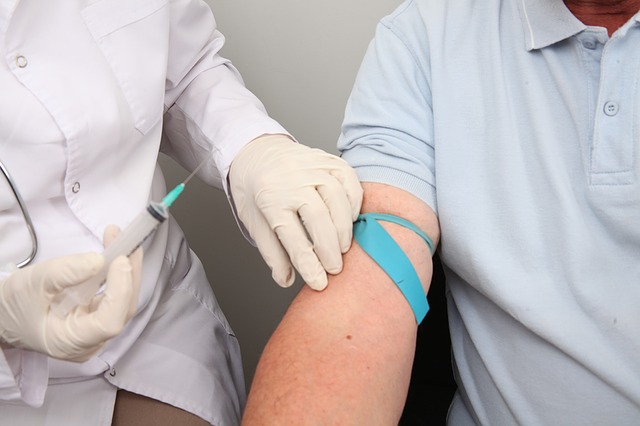Why gene therapy is no longer a pipe dream
By Michael White,
Pacific Standard Magazine
| 01. 18. 2018
Last year will be remembered for many things, many of them not good. But here's at least one flicker of hope: 2017 may go down as the year gene therapy finally turned a corner. In late December, the Food and Drug Administration announced its approvalof the third gene therapy since August. These three therapies—two for treating cancer and one for treating a form of congenital blindness—are the first of their kind to pass muster with the FDA. And with hundreds of clinical trials for other gene therapies underway, they won't be the last. For decades, gene therapy was a pipe dream, symbolizing the unfulfilled promises of biomedical scientists who claimed that they could not just treat but actually cure disease by fixing genes. Those promises are finally beginning to be realized.
The logic behind gene therapy is simple. Many diseases are caused by a missing or defective gene; replace the broken gene with a working copy, and you cure the disease. But putting this logic into practice hasn't been so easy. For more than a century...
Related Articles
By Mike McIntire, The New York Times | 01.24.2026
Genetic researchers were seeking children for an ambitious, federally funded project to track brain development — a study that they told families could yield invaluable discoveries about DNA’s impact on behavior and disease.
They also promised that the children’s sensitive...
By Arthur Lazarus, MedPage Today | 01.23.2026
A growing body of contemporary research and reporting exposes how old ideas can find new life when repurposed within modern systems of medicine, technology, and public policy. Over the last decade, several trends have converged:
- The rise of polygenic scoring...
By Danny Finley, Bill of Health | 01.08.2026
The United States Food and Drug Administration (FDA) has a unique funding structure among federal scientific and health agencies. The industries it regulates fund nearly half of its budget. The agency charges companies a user fee for each application
...
By George Janes, BioNews | 01.12.2026
A heart attack patient has become the first person to be treated in a clinical trial of an experimental gene therapy, which aims to strengthen blood vessels after coronary bypass surgery.
Coronary artery bypass surgery is performed to treat...




